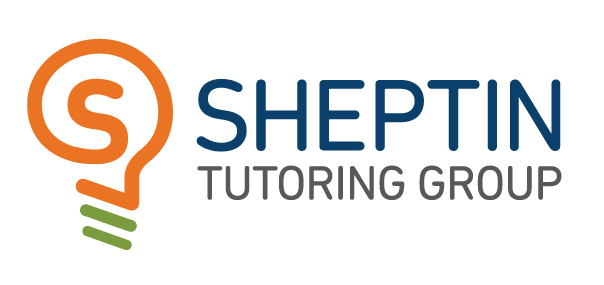FAQs Regarding ACT and SAT Preparation
What is the minimum class size? Maximum?
We need seven students to hold any class, so tell your friends! And since we are holding remote classes, we can have students from anywhere in the world! We will strictly limit class size to ten students.
So many schools have declared themselves “Test Optional.” Why should my child take the SAT or ACT at this point?
Test Optional means that if a school does not have testing information, all the other data available to the schools is that much more crucial: academics and leadership skill need to be solid. If your student tests at least within the 25 – 75% for the school, submit scoring. Test Optional really applies to students who could not access any test site or were financially unable to pay for a test. However, almost every state in the country offers its students some form of free testing. Since schools in the United States evaluate students holistically (they take into account all information available about a student), it usually makes sense to submit scores when applying.
Test Optional is not the same as Test Blind, where schools will not even look at tests. At present, there are only four US colleges and universities that are Test Blind: Northern Illinois University, Hampshire College, Loyola University in New Orleans and University of New England.
I have a credit for a previous program. Can I use it for the Bootcamps?
Absolutely! Please register and pay. We will adjust your payment to reflect your credit after you register.
What is “superscoring?”
Superscoring relates to students who take the SAT or the ACT more than once. Suppose your child takes the SAT twice. The first time, she scores a 600 in Critical Reading, 550 in Math, and 600 in Writing. The second time, she scores a 570 in Reading, 610 in Math, and 620 in Writing. The “superscore” would be 600 / 610 / 620 in the three respective areas. Most schools do superscore the SAT. Check with schools regarding ACT policies.
I’ve been told that my student should study for both the ACT and SAT tests and submit the highest score. Is that Sheptin’s viewpoint?
No. Effective exam prep takes time. Not only does a student need to attend a class (or be tutored privately), but also needs to do about 30 minutes of work each evening to supplement the skills being taught. Doing this for two different exams doubles the amount of work your student needs to do. We suggest that students do an initial assessment with us, so that we can create a testing plan.
My friends tell me that the SAT is preferable to the ACT. Is that true?
Our research shows that every college in the United States will accept the ACT or the SAT equally.
Can you offer private tutoring?
Of course! Whether you want one hour or multiple sessions, we are available and ready. Please call us at 914-232-3743 for more information.
Is it true that there are “better” test centers than others?
Yes: when students register for our programs, we can suggest test facilities within a 20-mile radius. After all, a student can be as prepared as possible, but if the testing space impedes student success, then the experience could affect results.
My child has heard that some tests are harder than others. Really?
Yes, some tests are harder than others; however, the curve of the scaled score reflects this.
How can I contact your company for more information?
We can be reached at 914-232-3743.
